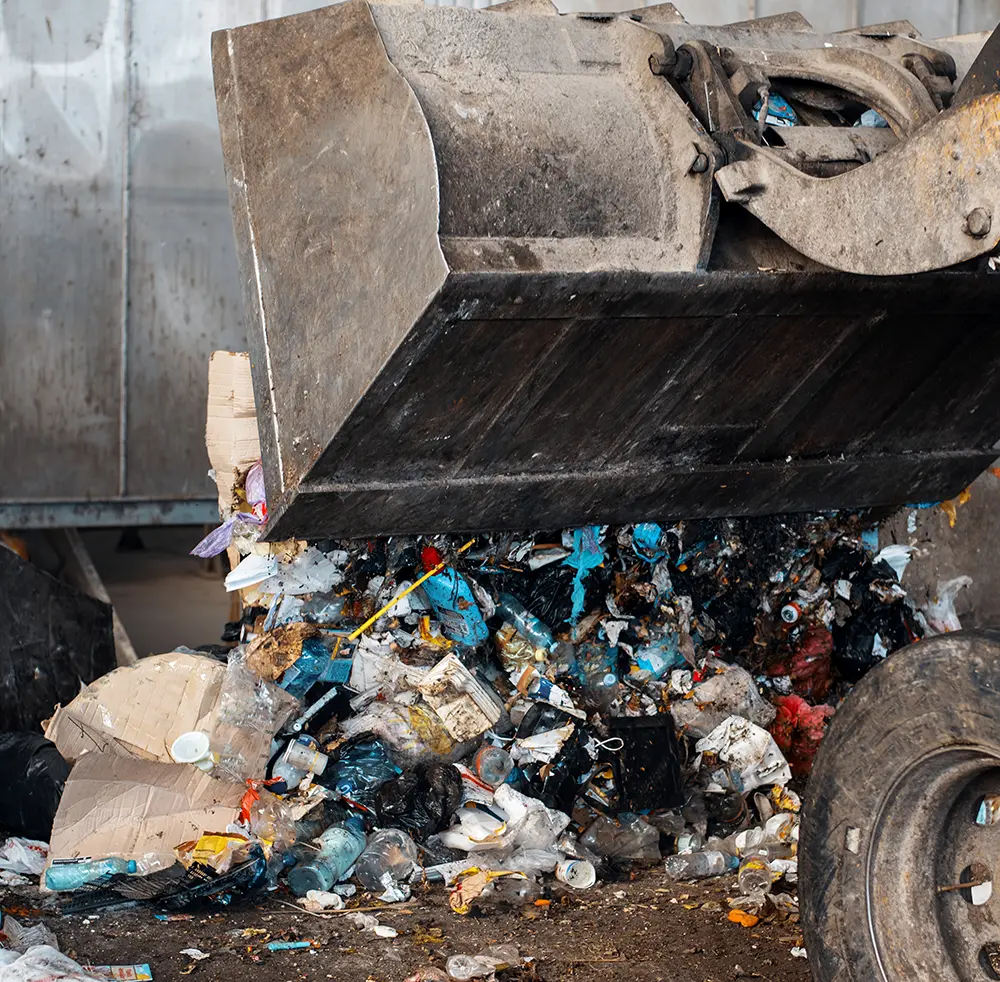Overcoming Ingrained Habits to Create Sustainable Habits
Recycling Challenges

Recycling Issues
Several challenges persist in the realm of recycling today. One major issue is contamination of recyclable materials, where non-recyclable items are mistakenly included, compromising the quality and value of the recyclables. This often occurs due to improper sorting by consumers or inadequate education about recycling guidelines. Additionally, the lack of infrastructure and investment in recycling facilities poses a significant challenge, particularly in regions where recycling programs are limited or nonexistent. Another challenge is the economic viability of recycling, as fluctuating market demands and low commodity prices can make recycling operations financially unsustainable. Furthermore, the complexity of certain materials, such as plastics with various resin types, presents difficulties in recycling processes. Addressing these challenges requires concerted efforts from governments, industries, and consumers to improve recycling infrastructure, enhance education and awareness, and promote sustainable consumption habits.
6 Most common recycling issues that need innovative solutions:
Confusion about Recycling Rules
Consumers may be unsure about what materials are recyclable in their area and how to properly prepare them for recycling. Varying recycling guidelines across regions can further add to this confusion.
Lack of Education and Awareness
Many consumers may not fully understand the importance of recycling or the environmental impact of improper disposal. Limited education and awareness campaigns can contribute to low recycling rates and increased contamination.
Convenience
Inconvenient access to recycling facilities or bins may discourage consumers from recycling. Lack of curbside recycling pickup or insufficient recycling infrastructure in public spaces can make it more challenging for individuals to recycle regularly.
Contamination
Consumers may inadvertently contaminate recycling bins by placing non-recyclable materials in them, such as food waste, plastic bags, or soiled items. Contamination can compromise the quality of recyclable materials and increase processing costs for recycling facilities.
Misinformation and Greenwashing
Misleading or inaccurate information about recycling practices and environmental claims by product manufacturers or advertisers can confuse consumers and undermine recycling efforts. Greenwashing tactics may also lead consumers to believe that certain products are recyclable when they are not.
Behavioral Barriers
Individual behaviors, such as forgetfulness, laziness, or apathy, can prevent consumers from engaging in proper recycling practices. Overcoming these behavioral barriers may require targeted interventions and incentives to motivate behavior change.
Traditional Efforts For Contamination-Free Recycling
Efforts to enhance recycling in the United States have faced persistent challenges, hindering the achievement of a cleaner, better-sorted recycling stream free from contamination. These challenges stem from various factors:
The increasing complexity of materials used in consumer products poses a significant obstacle to efficient recycling, as many products are composed of multiple materials that are difficult to separate effectively. Additionally, the lack of standardized recycling programs across different regions contributes to confusion among consumers regarding what items can and cannot be recycled, leading to contamination of the recycling stream.
Despite ongoing efforts to educate the public about proper recycling practices, consumer behavior remains a key issue, with many individuals continuing to dispose of non-recyclable materials in recycling bins due to confusion or a lack of awareness. Furthermore, fluctuations in market demand for recycled materials can make it challenging to find buyers for certain types of recyclables, impacting the economic viability of recycling programs and incentivizing contamination reduction efforts.
While advancements in recycling technology have improved sorting capabilities to some extent, there are still limitations in effectively separating certain materials, especially those with similar properties or complex compositions. Additionally, many recycling programs operate on limited budgets, which can impede efforts to invest in better infrastructure, technology, and education campaigns needed to improve recycling quality.
Addressing these challenges necessitates a comprehensive approach involving investment in infrastructure, standardized recycling programs, consumer education, technological innovation, and market development for recycled materials. Collaboration between government, industry, and the public is essential to overcome these obstacles and establish a more sustainable recycling system.

Share Your Pain Points
Tell us more about the recycling issues your organization faces. Our team seeks challenges in the waste management industry to craft viable and sustainable solutions.
